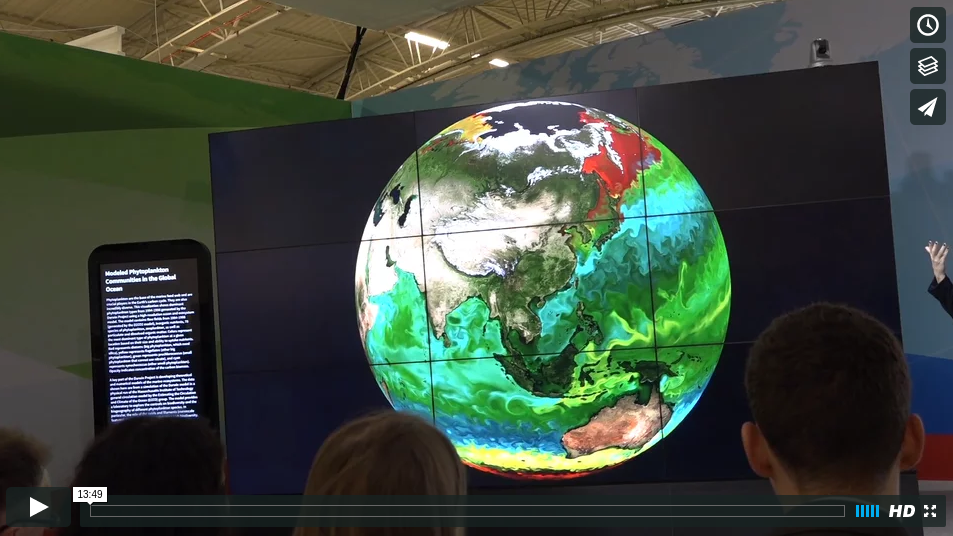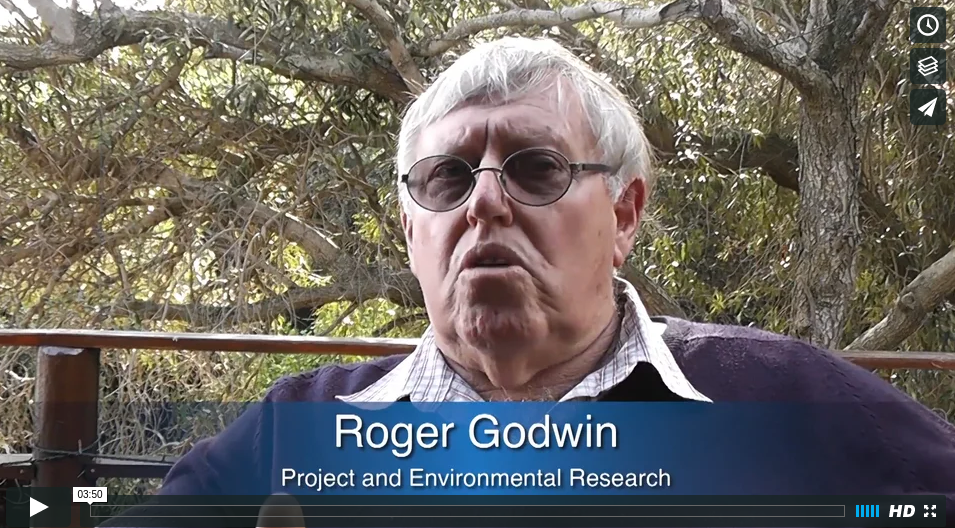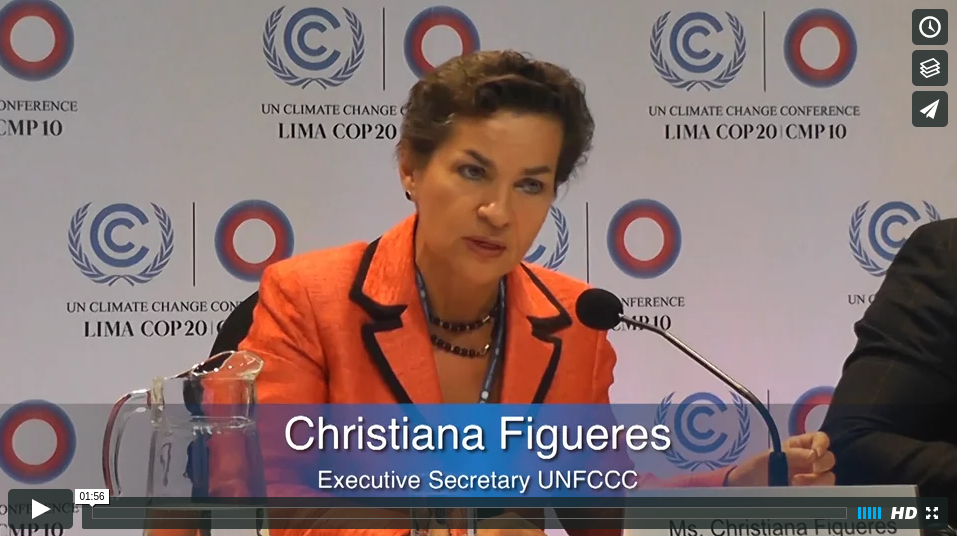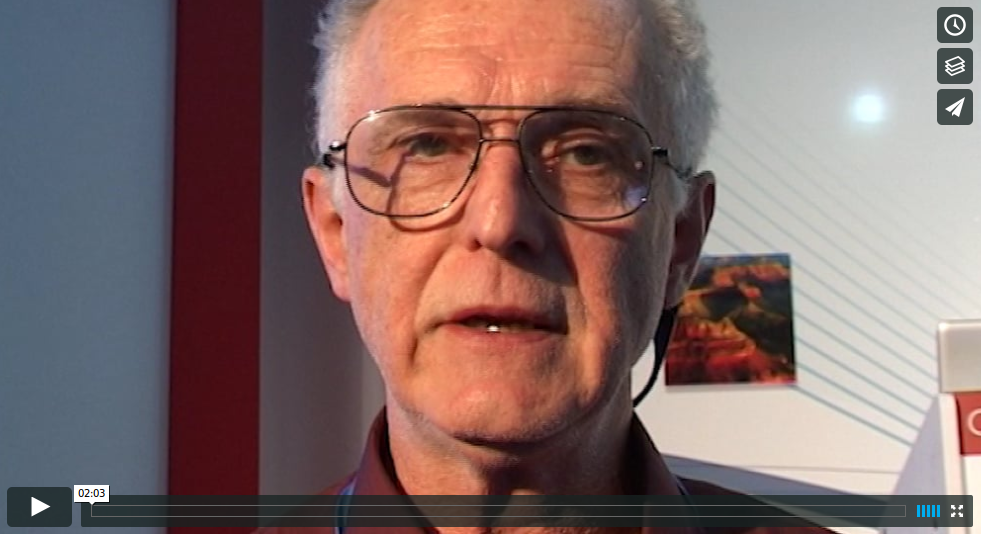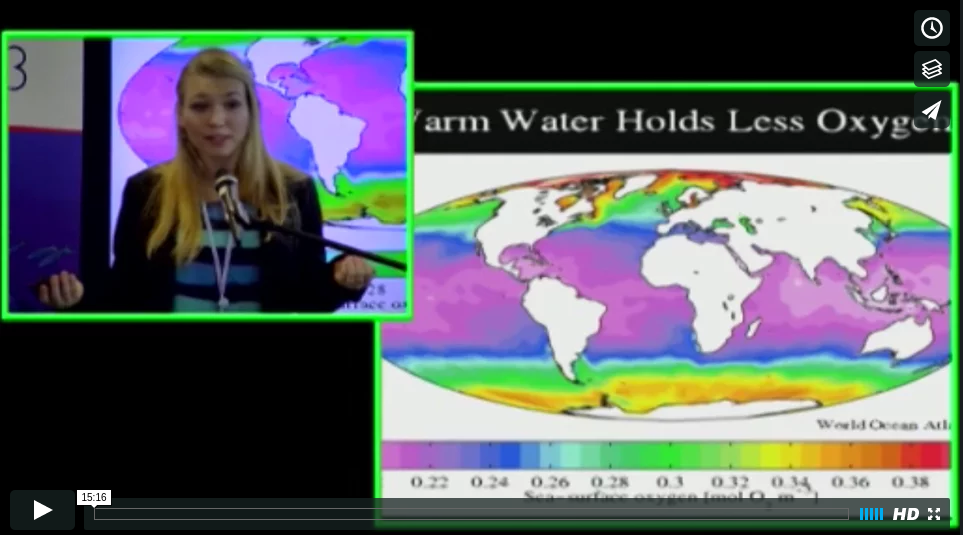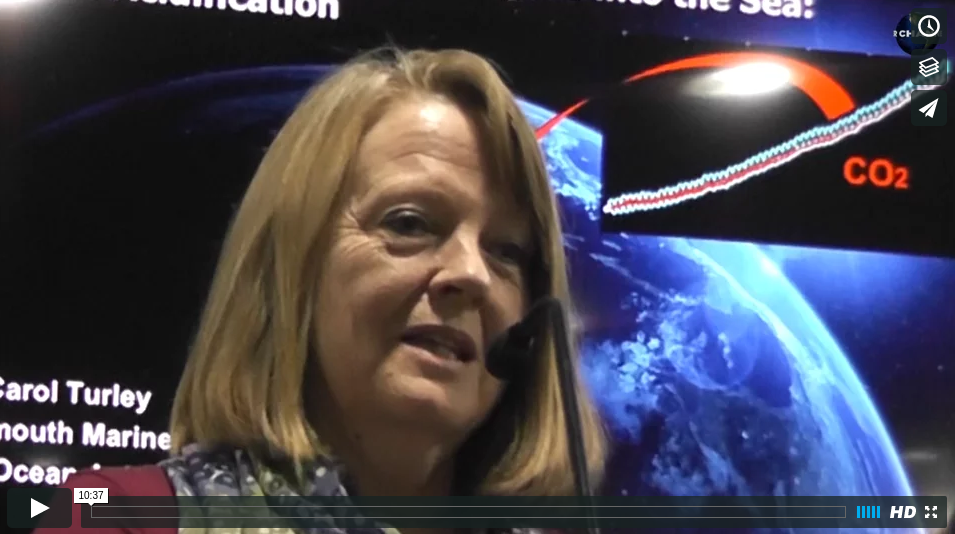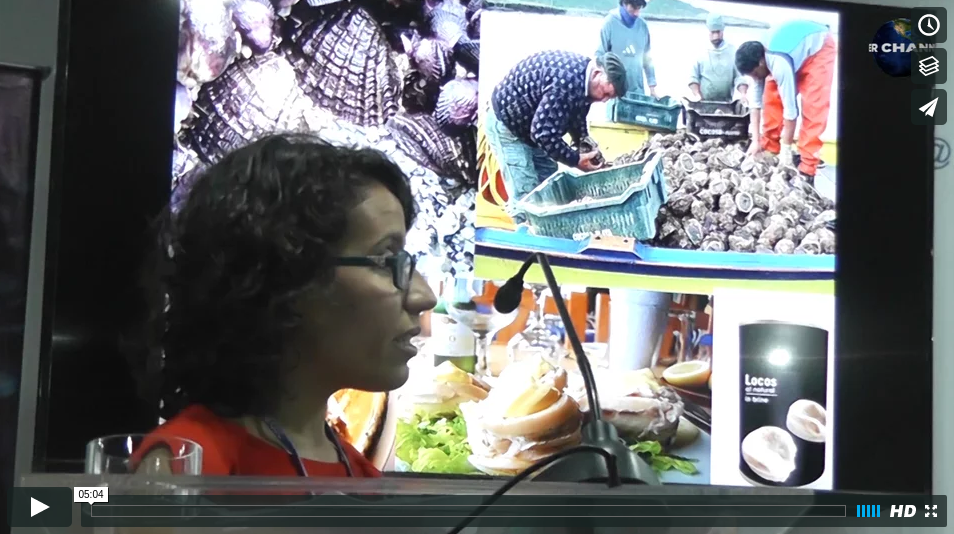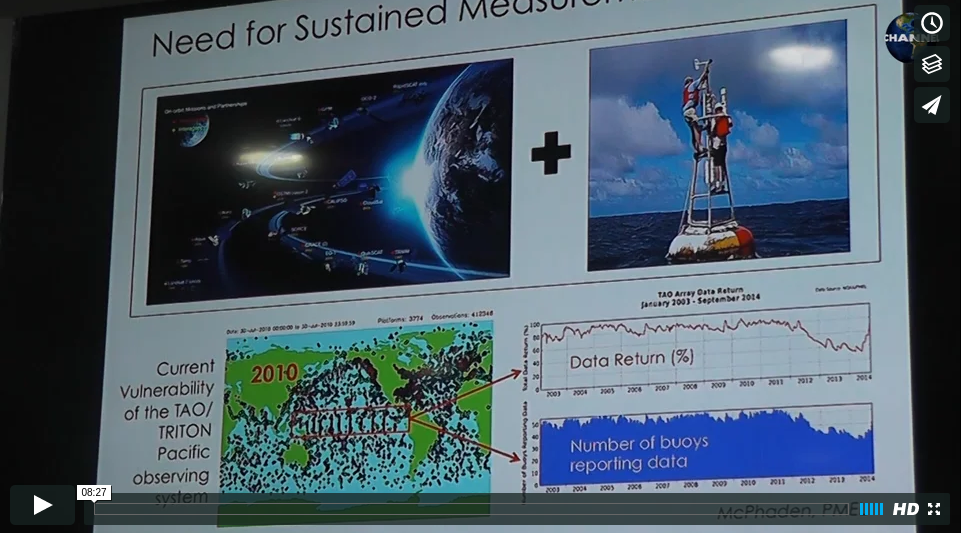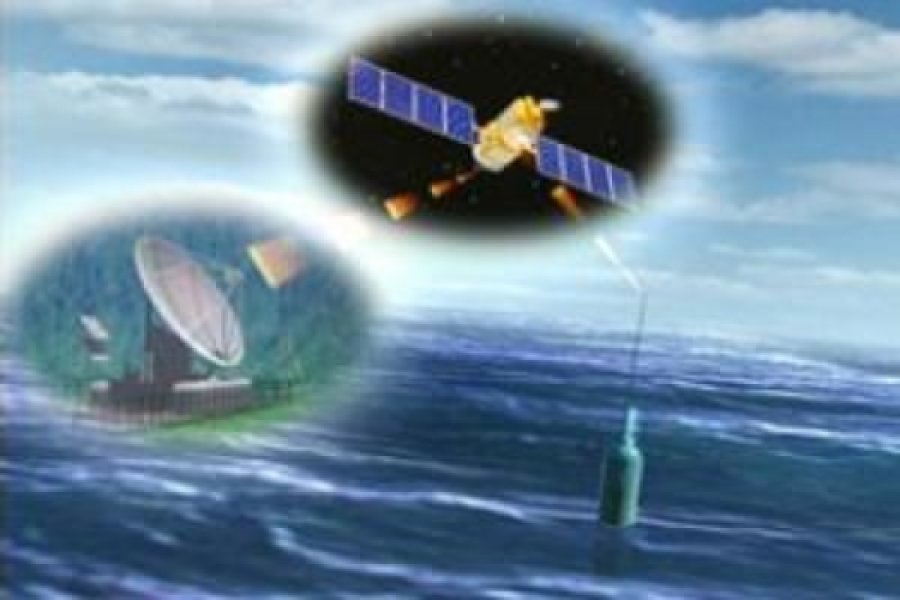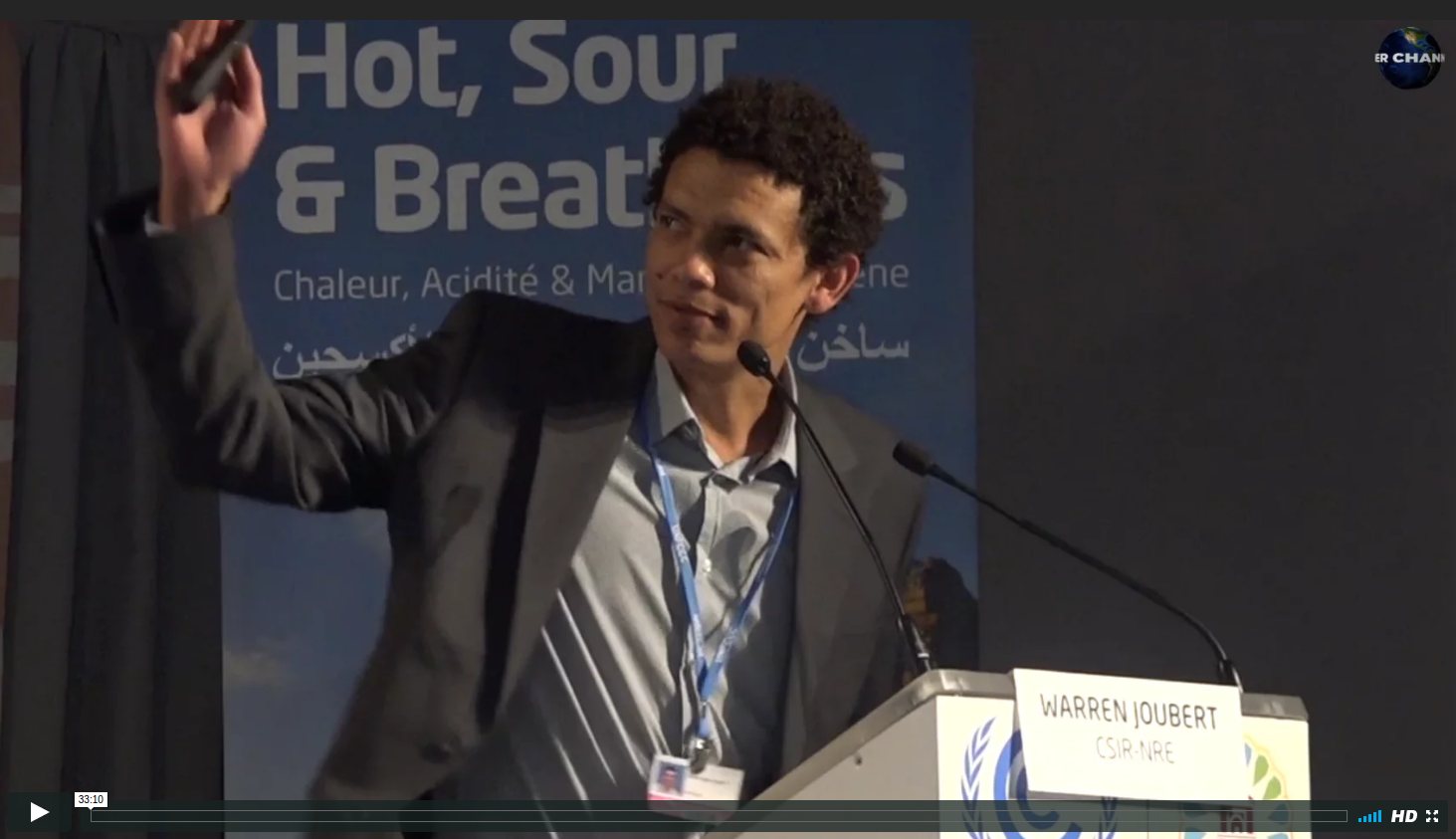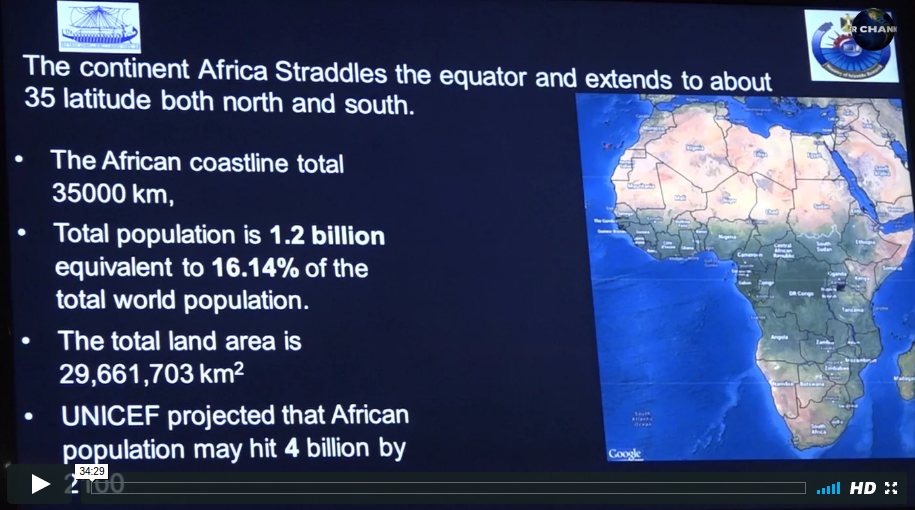- Live Stream
- Climate Change
- ENN
- Environmental Info
- Green Business
- Green Solutions
- Beautiful World
- Categories
- Articles
- Arctic & Glaciers
- Polar Regions and Glacier Reports
- Ethical Dimensions
- Global Warming
- Peatlands & Wetlands
- ENN – The Environmental News Network
- Agriculture
- Chemicals
- Conservation
- Fish Crime
- Forests
- Health
- Mountains
- Oceans
- Energy
- Money
- Green or Gone
- Nutrition
- Permaculture
- Various Solutions
- Powerful
- Watch This
- Water
- Breaking News
- Series ENN
COP 20 US Center Panel Speakers on Ocean Acidification & Adaptation
COP 20 Lima,US Center Panel Speaker Dr. Carol Turley, Snr Scientist at the Plymouth Marine Laboratory, UK, speaks on CO2 emissions intensifying global ocean acidification at an unprecedented rate and it’s impacts on all marine species. Dr. Elizabeth Jewett (NOAA) introduced the panel speaker, Dr Carol Turley, amongst others, and proceeded to start the panel […]
CLOSE

